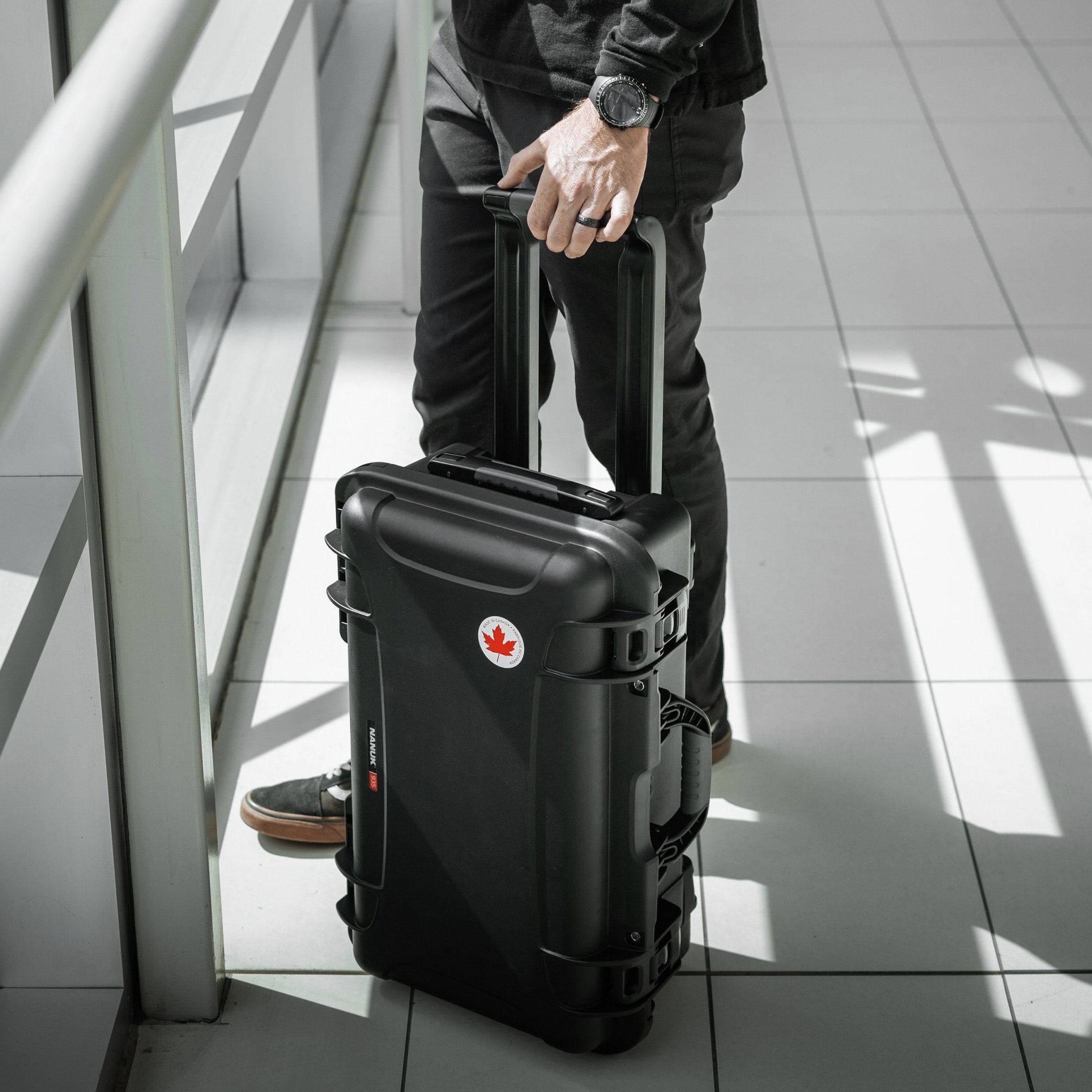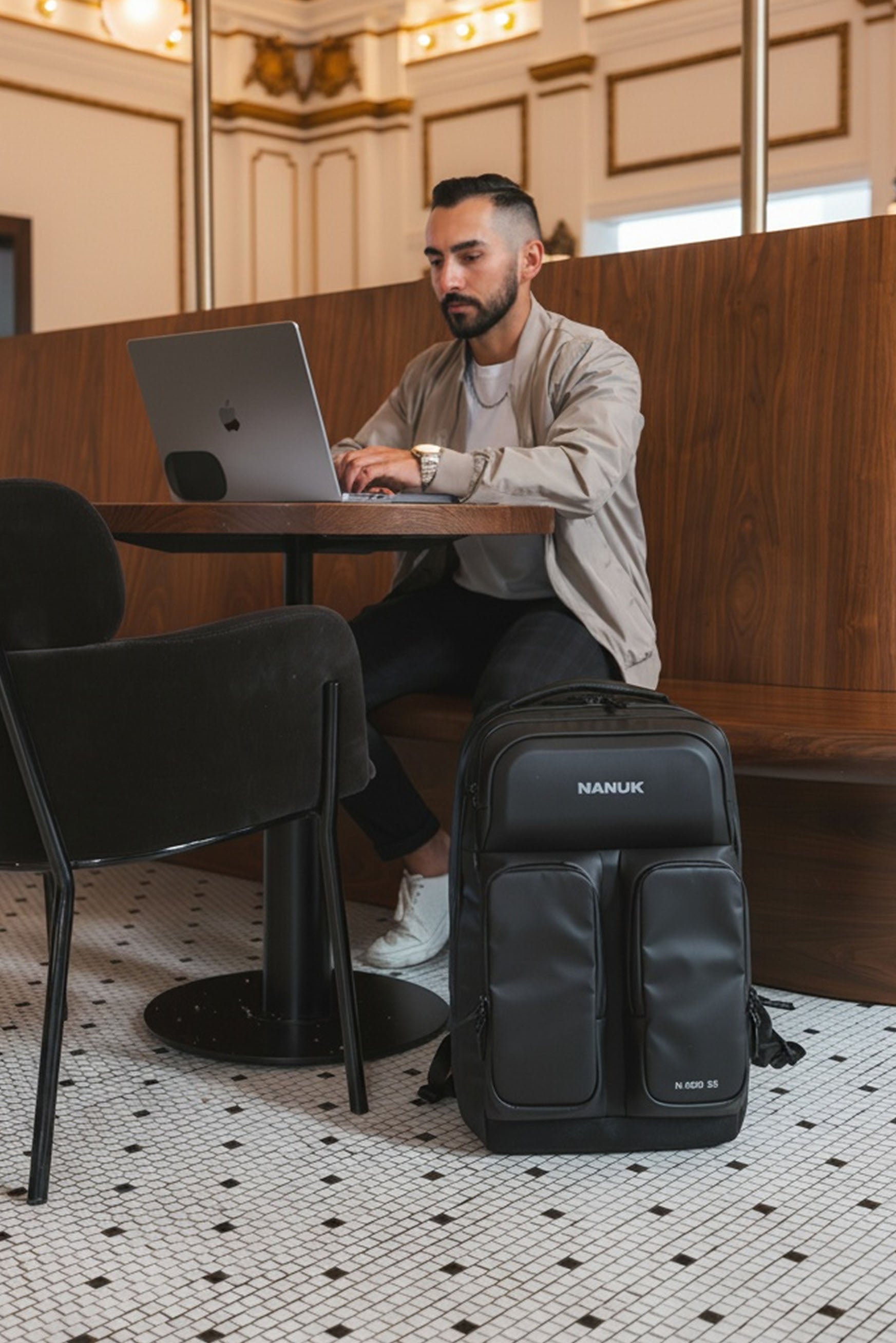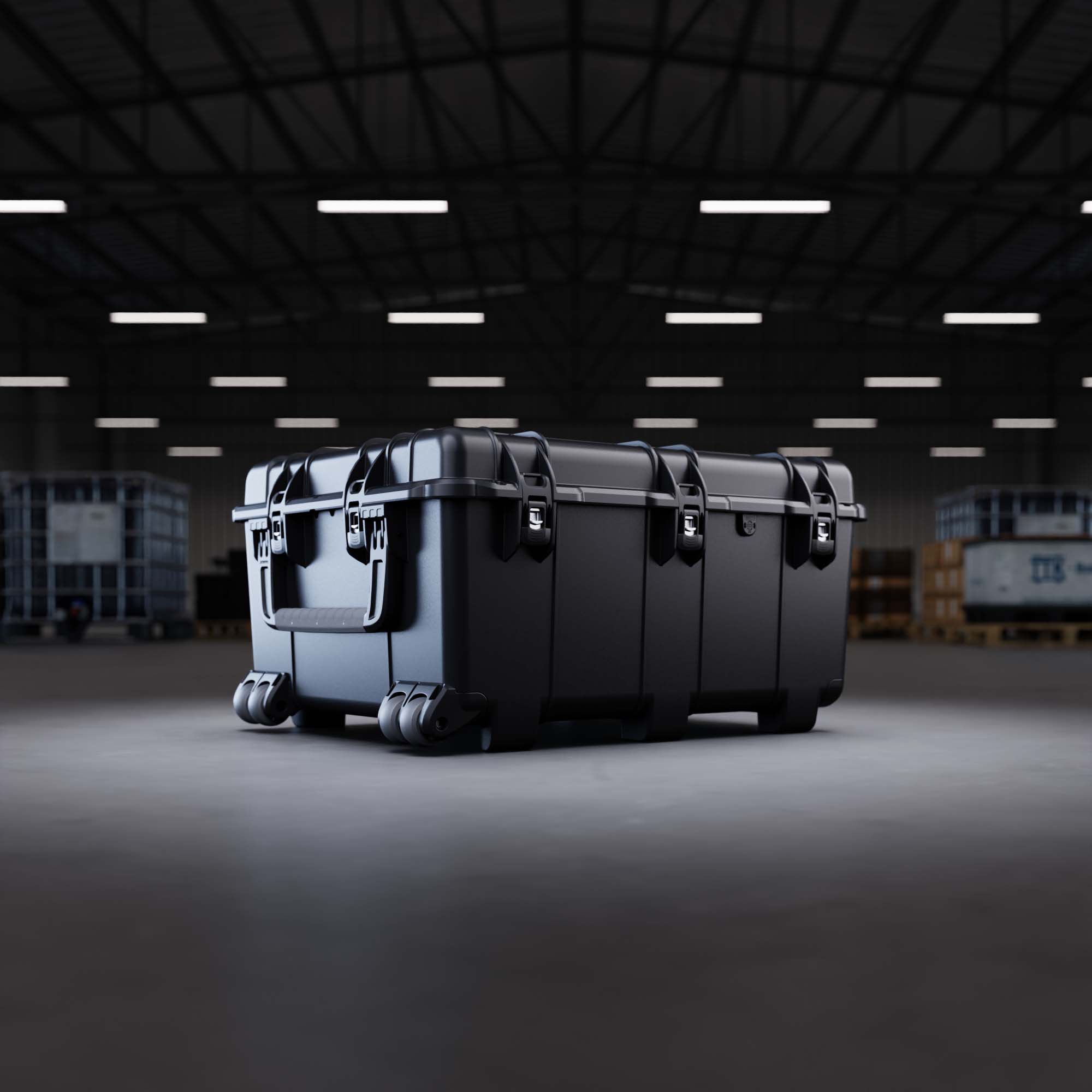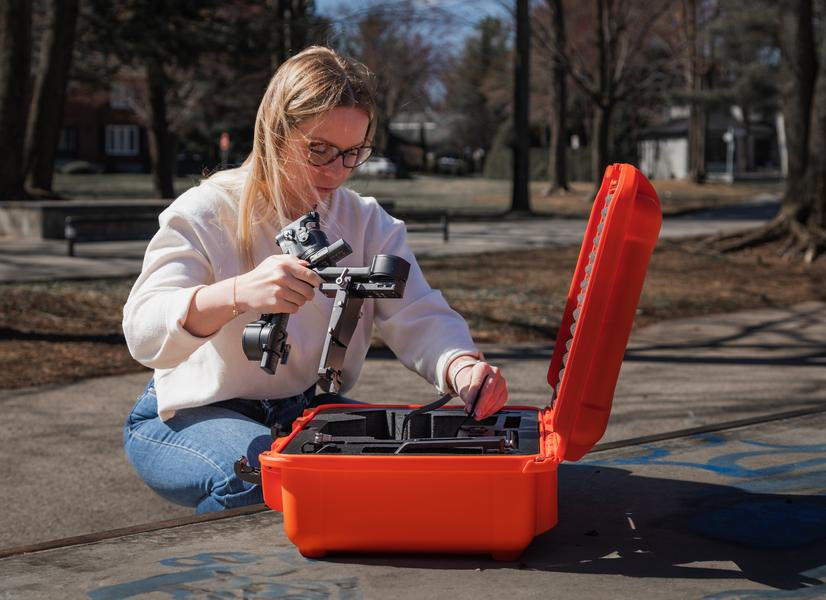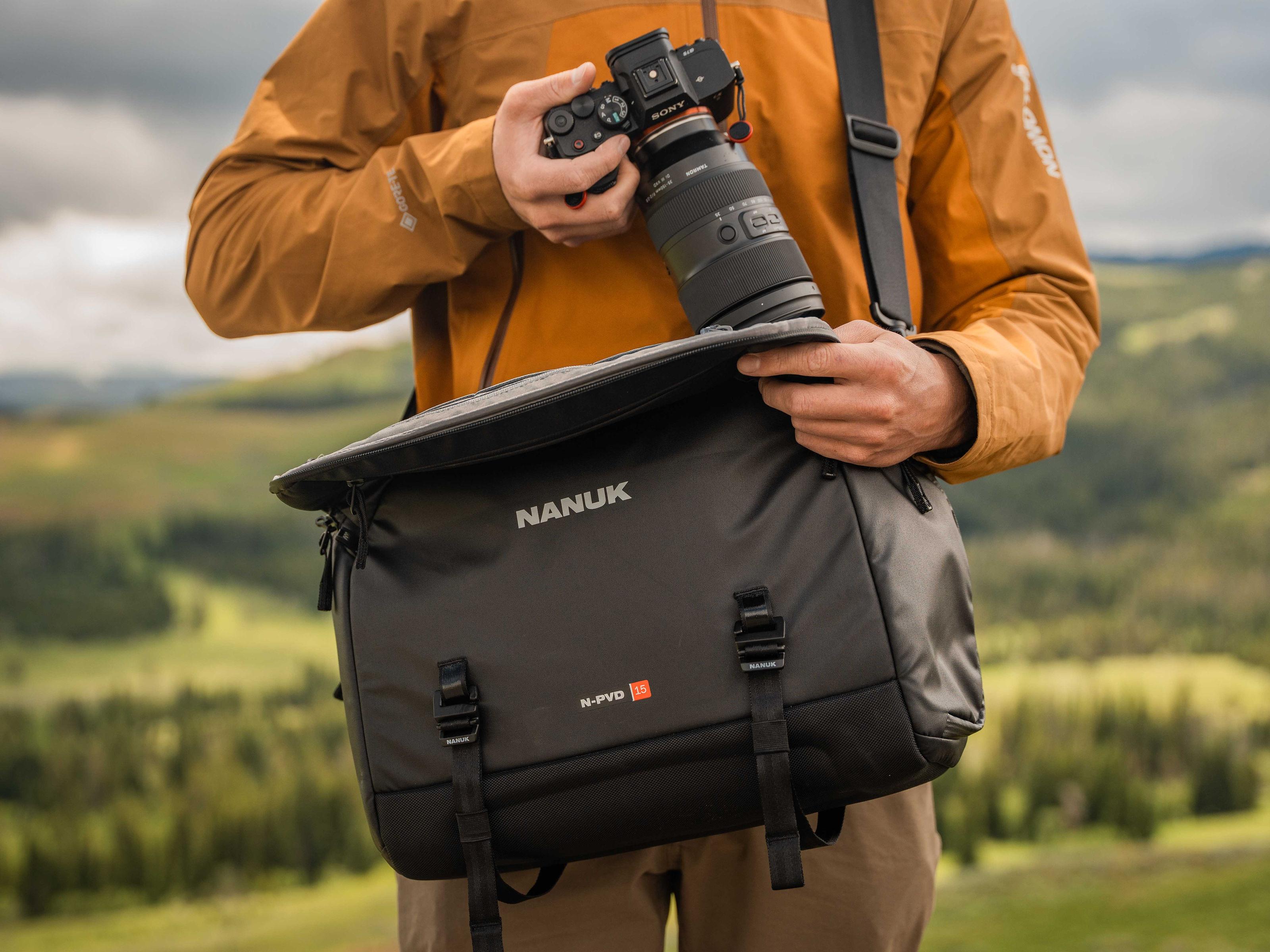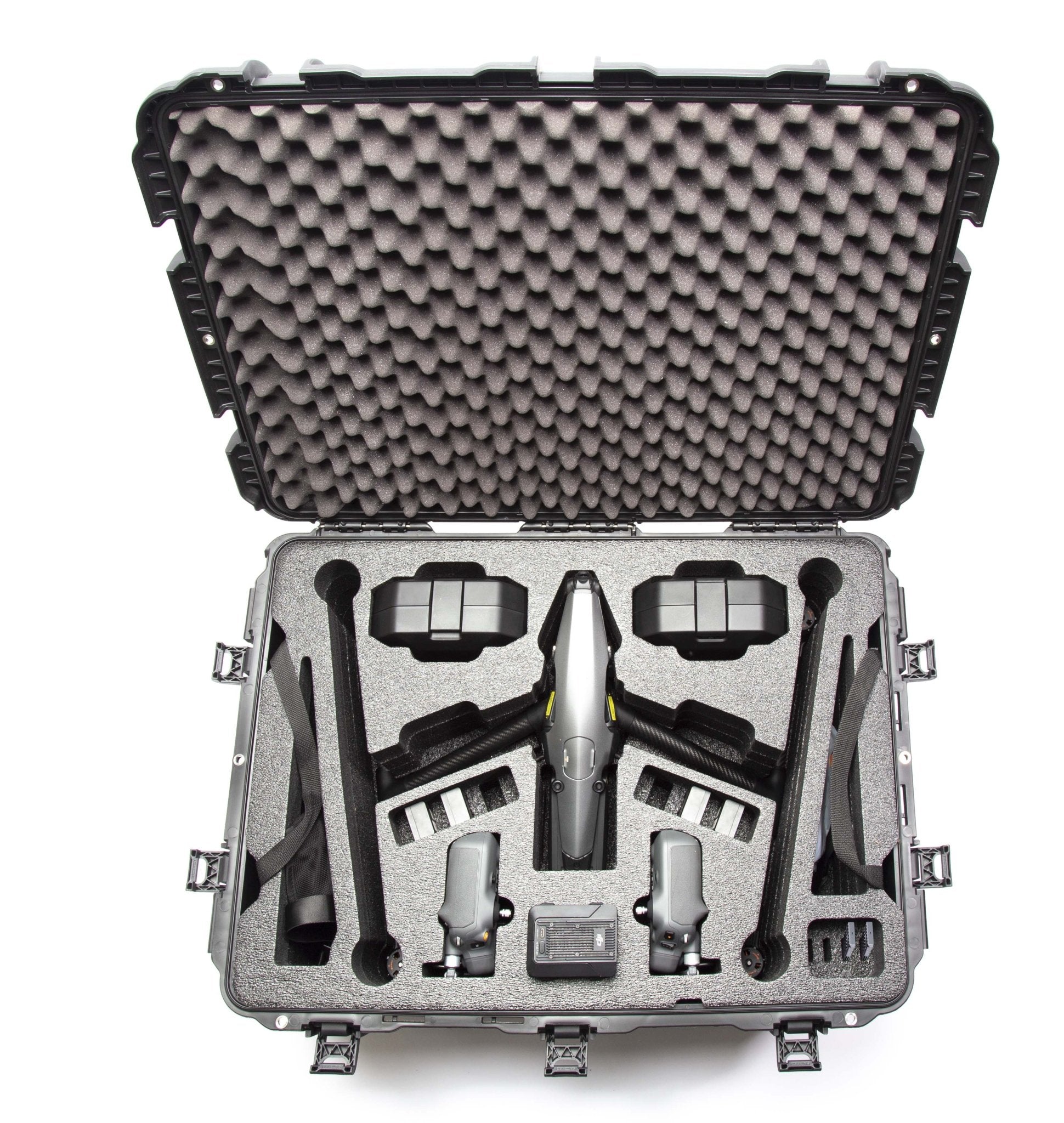
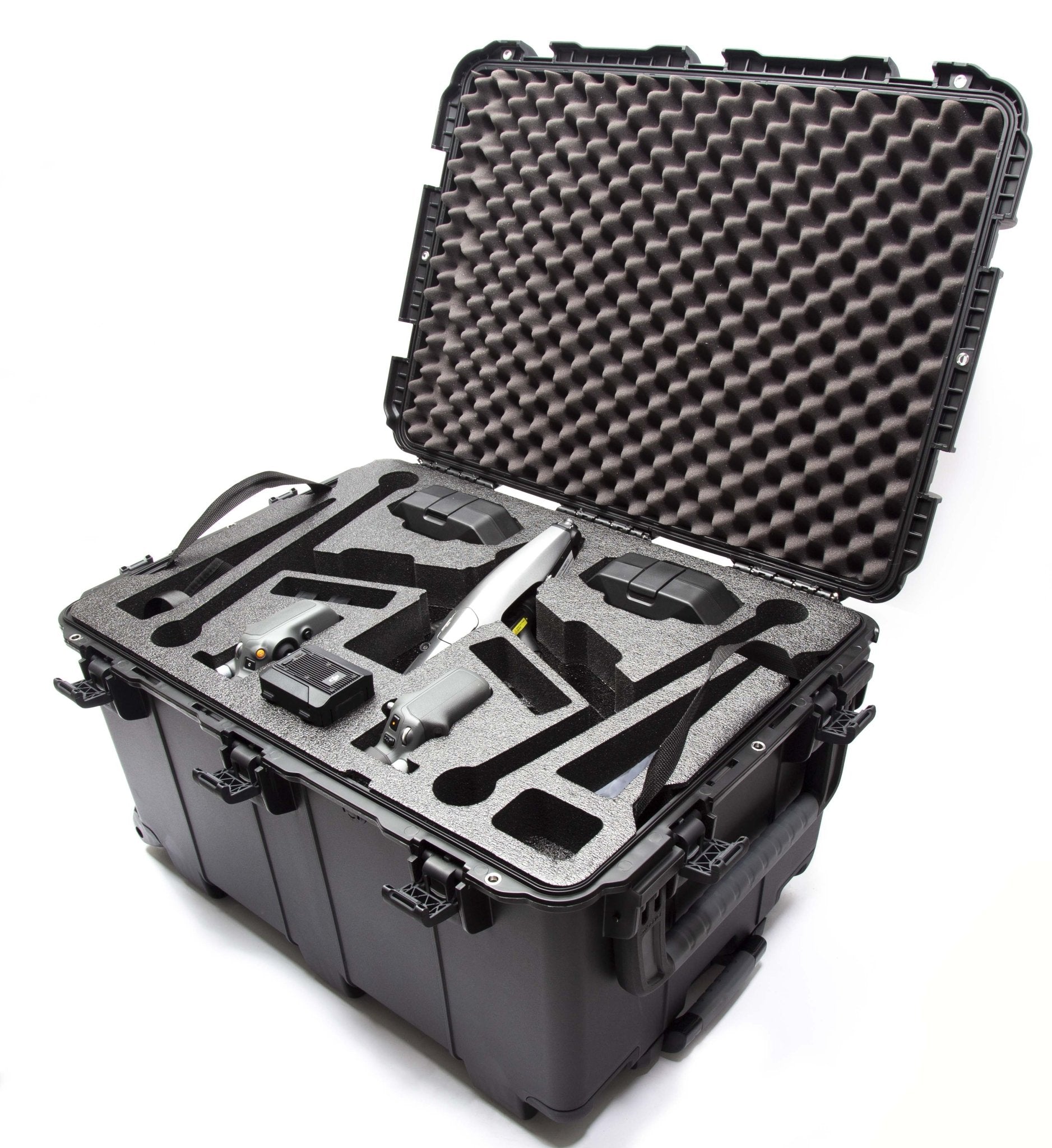
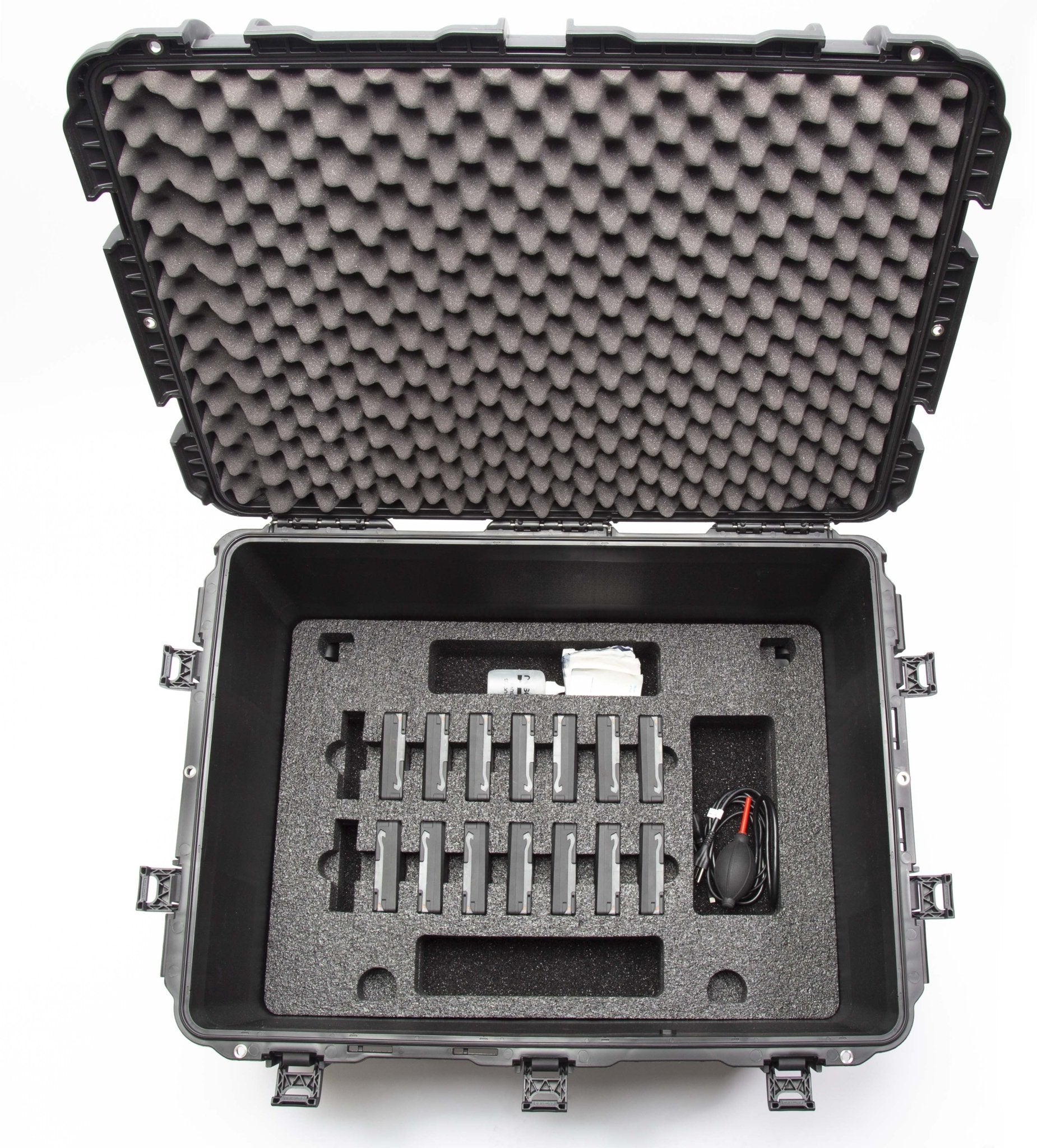

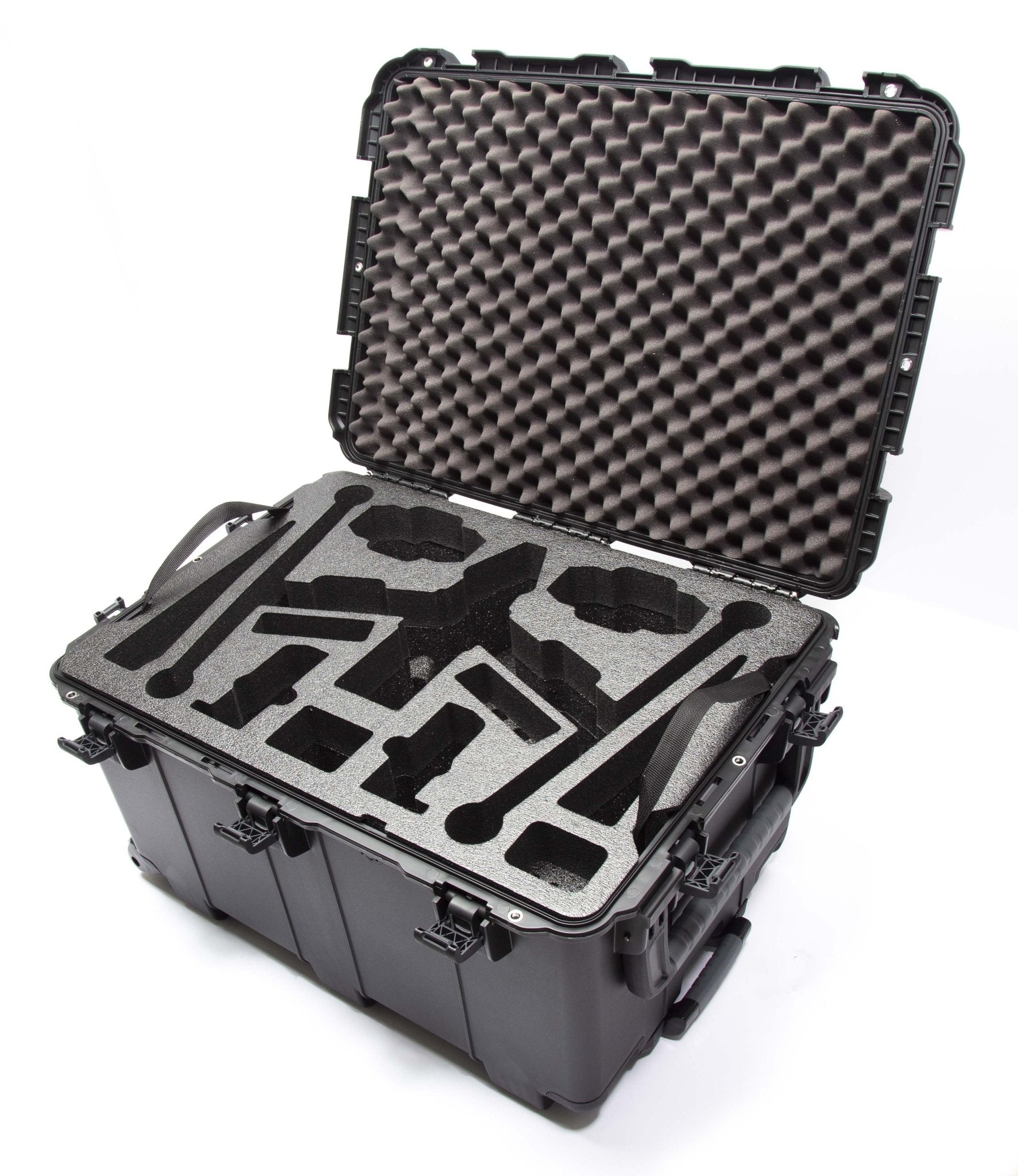
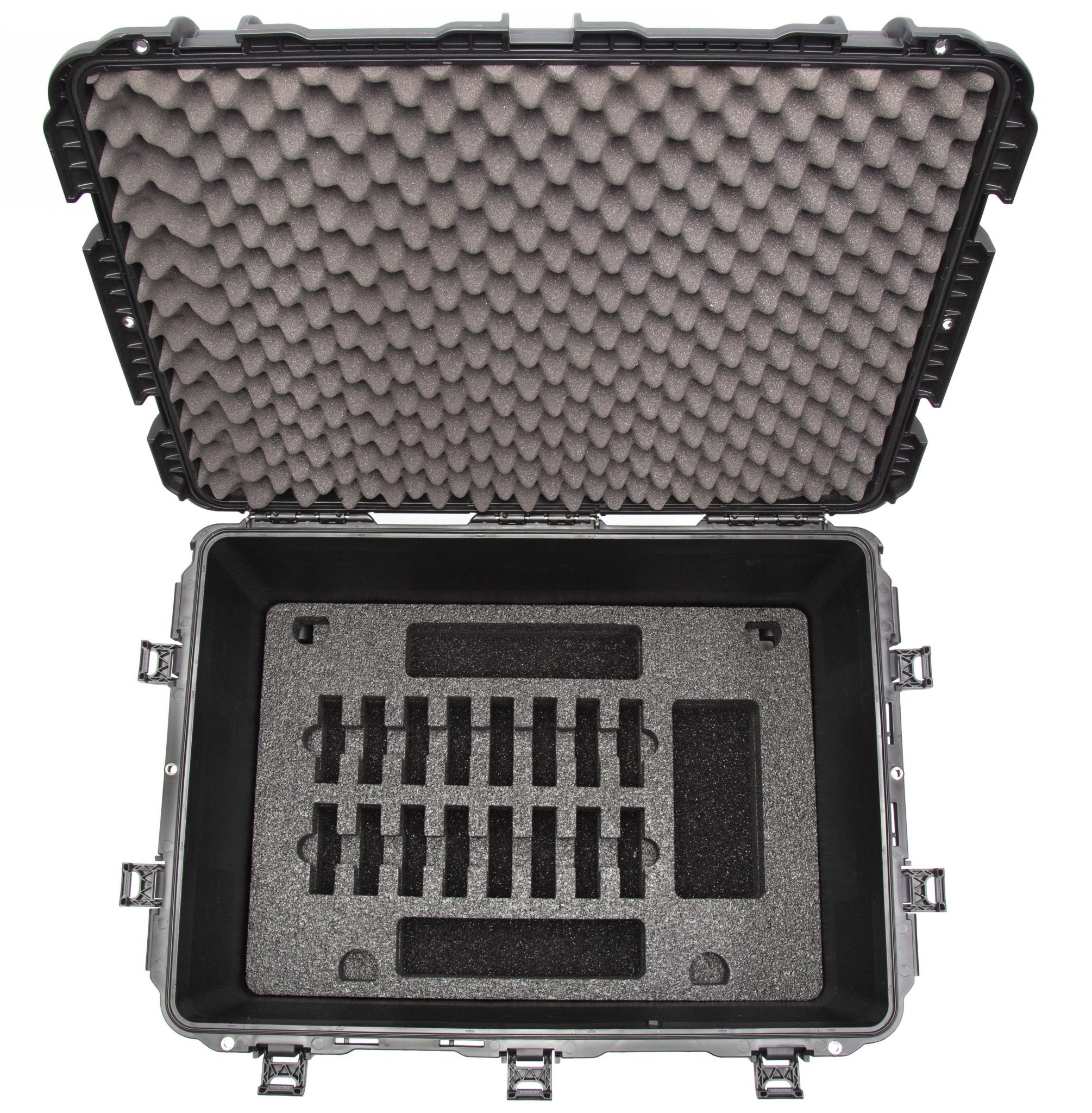
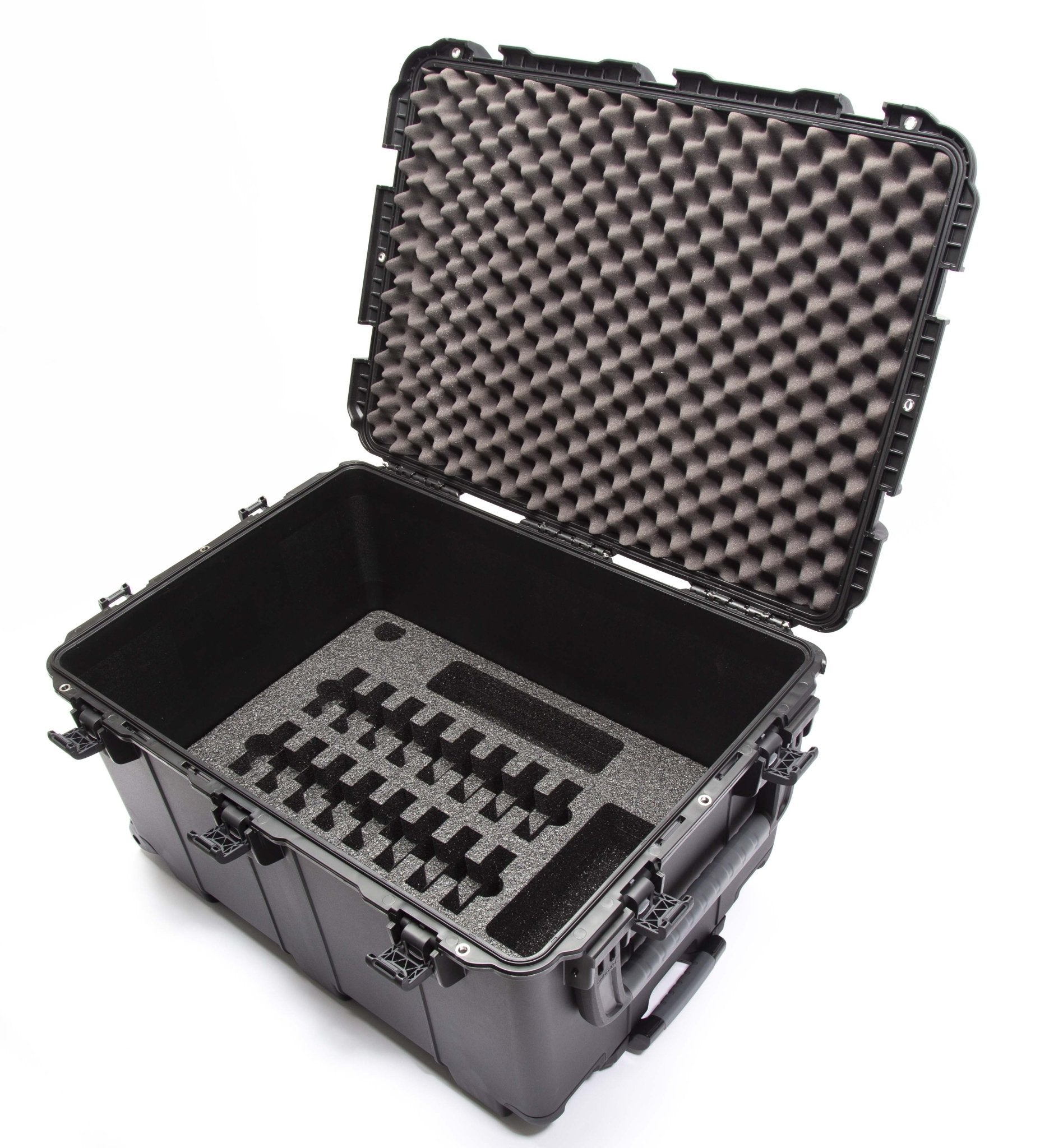
NANUK 975 for DJI Inspire 3
Exterior Size (LxWxH)
851 mm x 617 mm x 500 mm
Interior Size (LxWxH)
762 mm x 553 mm x 457 mm

Along with the top lid organizer, this is an amazingly well-built and sturdy case.
We needed a solution to store, transport, and generally protect some very expensive La Marzocco expresso machines that our company uses in trainings. The Nanuk cases we ordered are just what we needed. Customizing them was time consuming, but that's mostly because I was being very meticulous. The pre-cut foam was easy to use and made it possible to completely stabilize these very heavy machines!
I needed some protective cases for video projectors and other electronic gear . The Nanuk cases are well designed and super high quality .
Need a large case for all my diving gear that was sturdy enough to be shipped and the 975 works like a charm. Also love the TSA approved locks and the AirTag holders
We needed a waterproof, easy to move case for a 16” chop saw. It keeps the saw from getting wet or banged up in the back of the truck.
Description
NANUK 975 for DJI Inspire 3
Overview
The NANUK 975 for DJI™ Inspire 3 drones was built to organize, protect and carry. The custom-designed, pre-cut foam ts the Inspire 3 drone, 2x RC Plus, 3 pairs of propellers, up to 16 (TB51) intelligent ight baeries, baery charging hub, charger and cables, four (4) ASPH Lens Carrying Box (18/24/35/50mm), the Zenmuse X9-8K Air Gimbal Camera Case and gimbal, 4x PROSSD 1TB memory cards, RC Plus Strap and waist support, up to 6x RC plus baeries. Equipped a retractable handle, polyurethane wheels and a waterproof and indestructible resin shell, this protective case is up for anything nature, or anything else, throws its way.



Specifications
NANUK 975 for DJI Inspire 3
Specifications
33.5 in x
24.3 in x
19.7 in
851 mm x
617 mm x
500 mm
30 in x
21 in x
18 in
762 mm x
553 mm x
457 mm
32.2 lb | 14.6 kg
3.5 in | 89 mm
14.5 in | 368 mm
Min -67°F (-55°C ) | Max 158°F (70°C)
450.6 lb | 204.4 kg
0.34 in | 7.62 mm
Lightweight NK-7 resin
No
Certifications
Downloads
NANUK 975 for DJI Inspire 3
Downloads
NANUK 975 for DJI Inspire 3
Overview
The NANUK 975 for DJI™ Inspire 3 drones was built to organize, protect and carry. The custom-designed, pre-cut foam ts the Inspire 3 drone, 2x RC Plus, 3 pairs of propellers, up to 16 (TB51) intelligent ight baeries, baery charging hub, charger and cables, four (4) ASPH Lens Carrying Box (18/24/35/50mm), the Zenmuse X9-8K Air Gimbal Camera Case and gimbal, 4x PROSSD 1TB memory cards, RC Plus Strap and waist support, up to 6x RC plus baeries. Equipped a retractable handle, polyurethane wheels and a waterproof and indestructible resin shell, this protective case is up for anything nature, or anything else, throws its way.



NANUK 975 for DJI Inspire 3
Specifications
33.5 in x
24.3 in x
19.7 in
851 mm x
617 mm x
500 mm
30 in x
21 in x
18 in
762 mm x
553 mm x
457 mm
32.2 lb | 14.6 kg
3.5 in | 89 mm
14.5 in | 368 mm
Min -67°F (-55°C ) | Max 158°F (70°C)
450.6 lb | 204.4 kg
0.34 in | 7.62 mm
Lightweight NK-7 resin
No
NANUK 975 for DJI Inspire 3
Downloads
Why Choose The NANUK 975 for DJI Inspire 3?
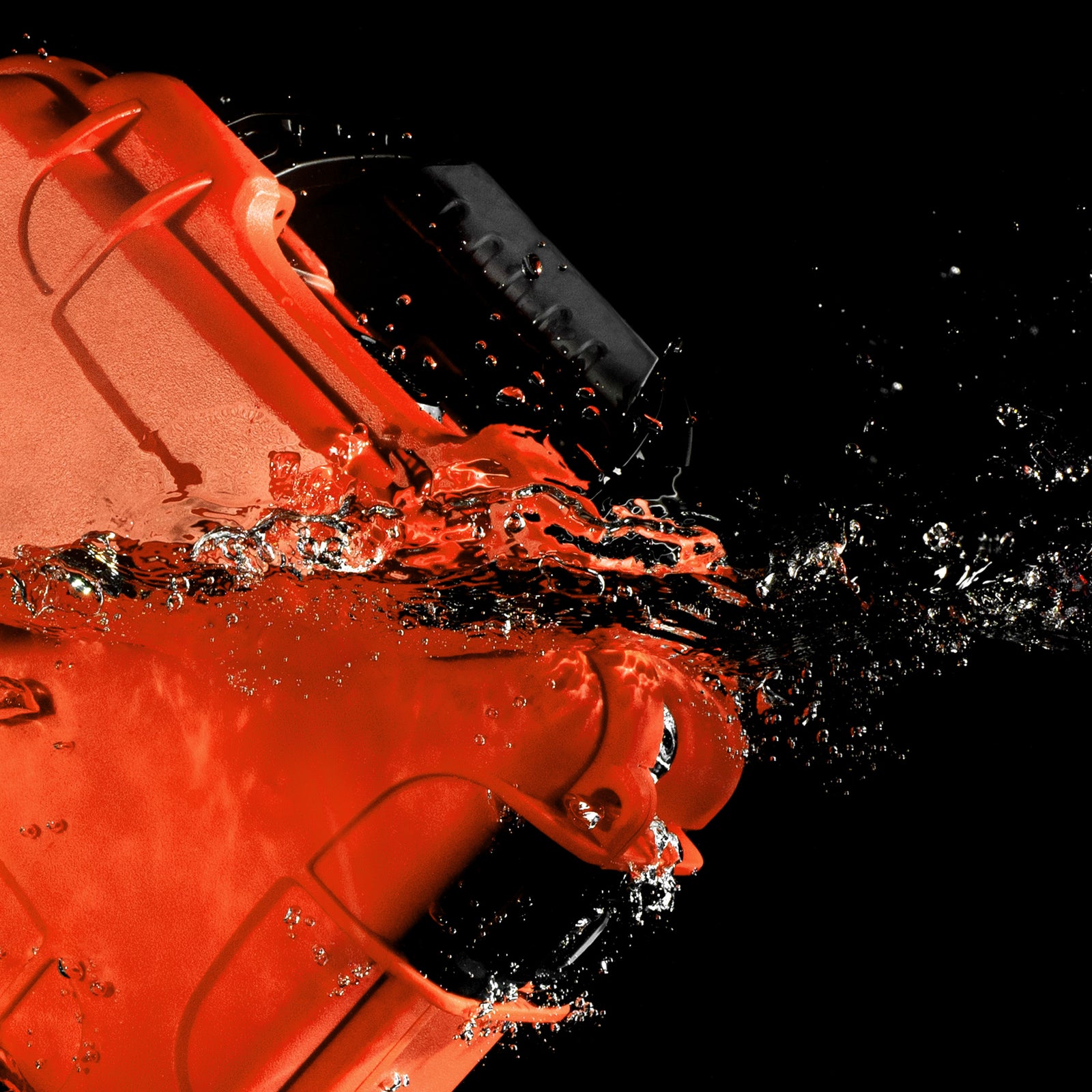
Go where no case has gone before.
IP67 Waterproof & Dustproof
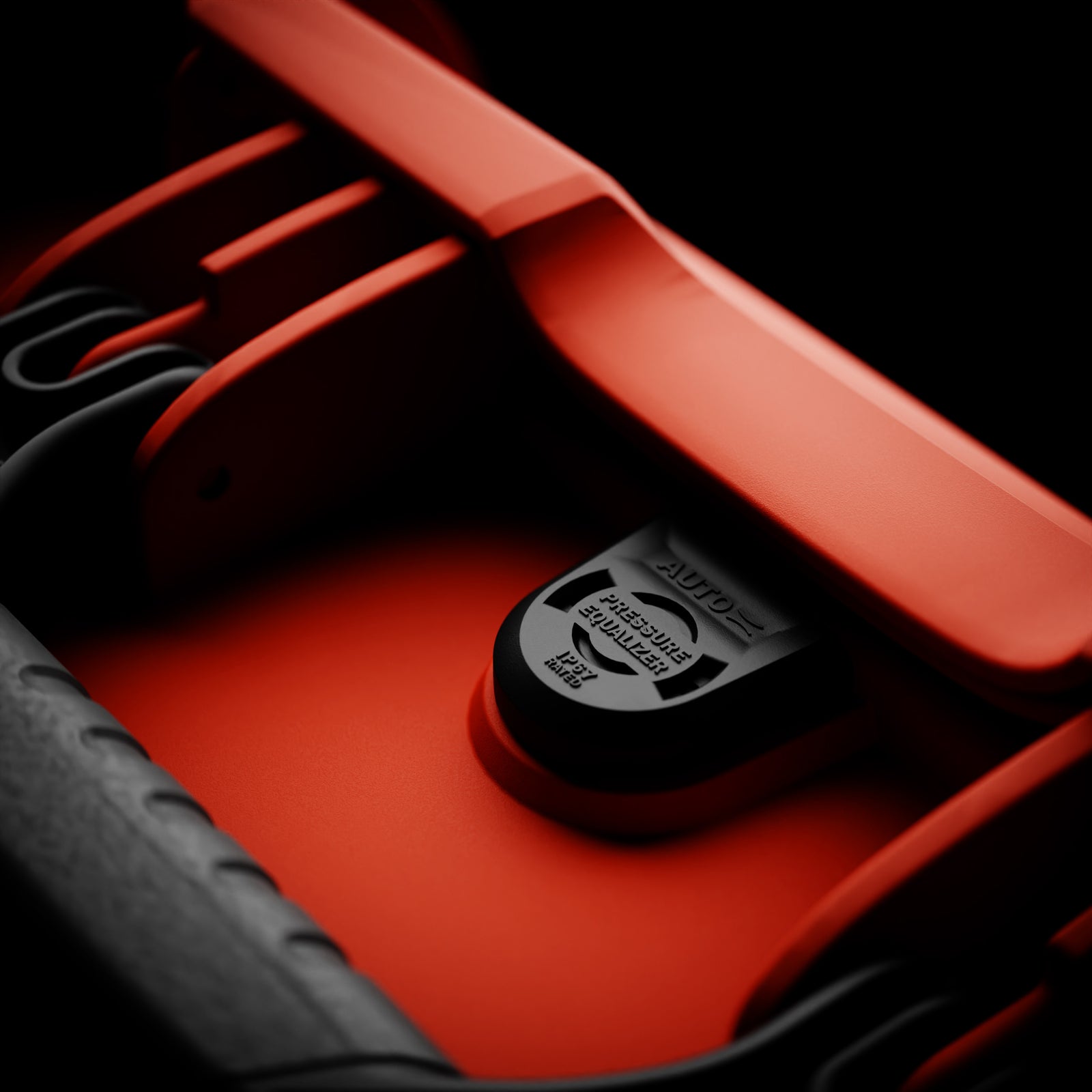
Keep your case from sealing shut. Automatically.
Automatic Pressure Release Valve
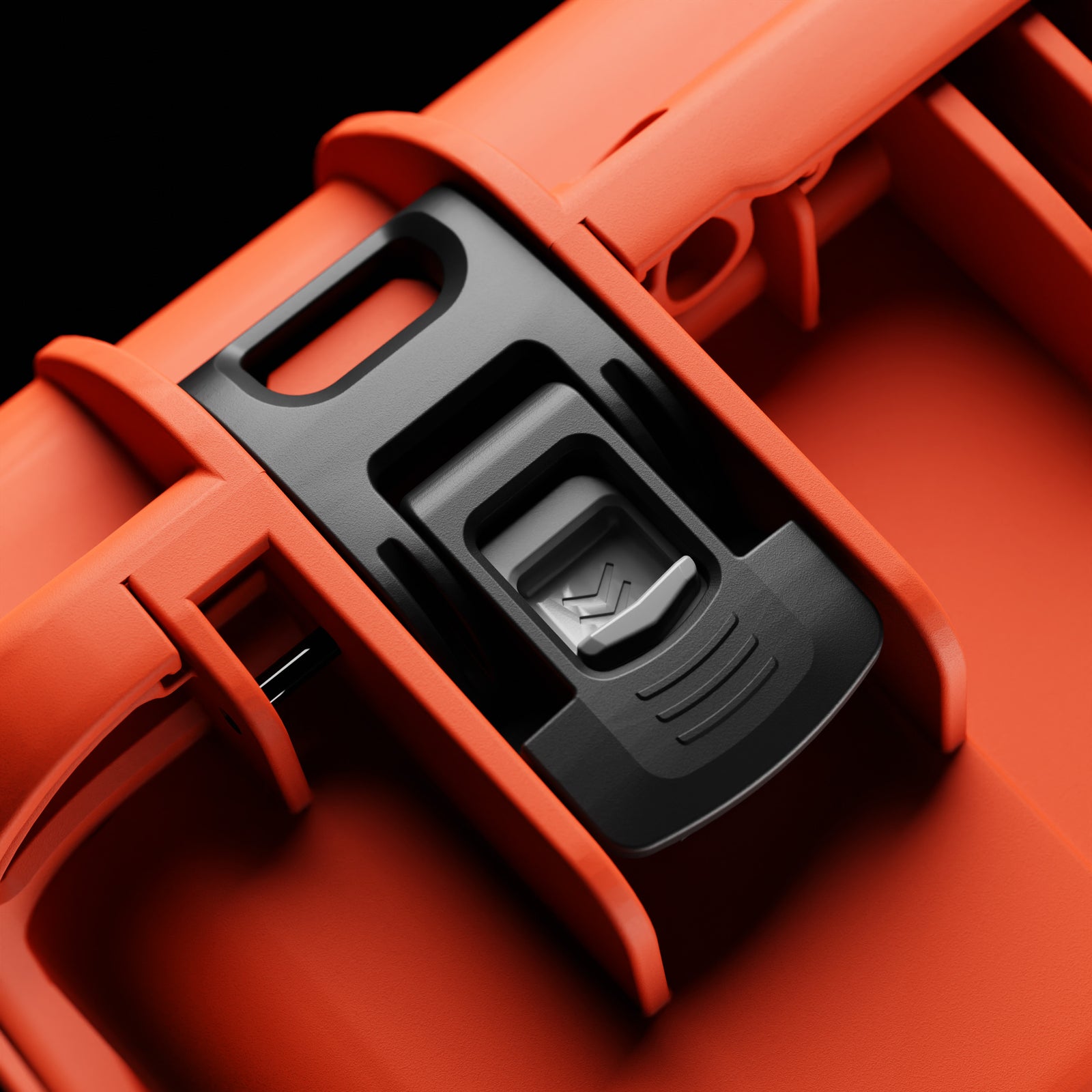
Close with confidence. Open with ease.
PowerClaw Superior Latching System
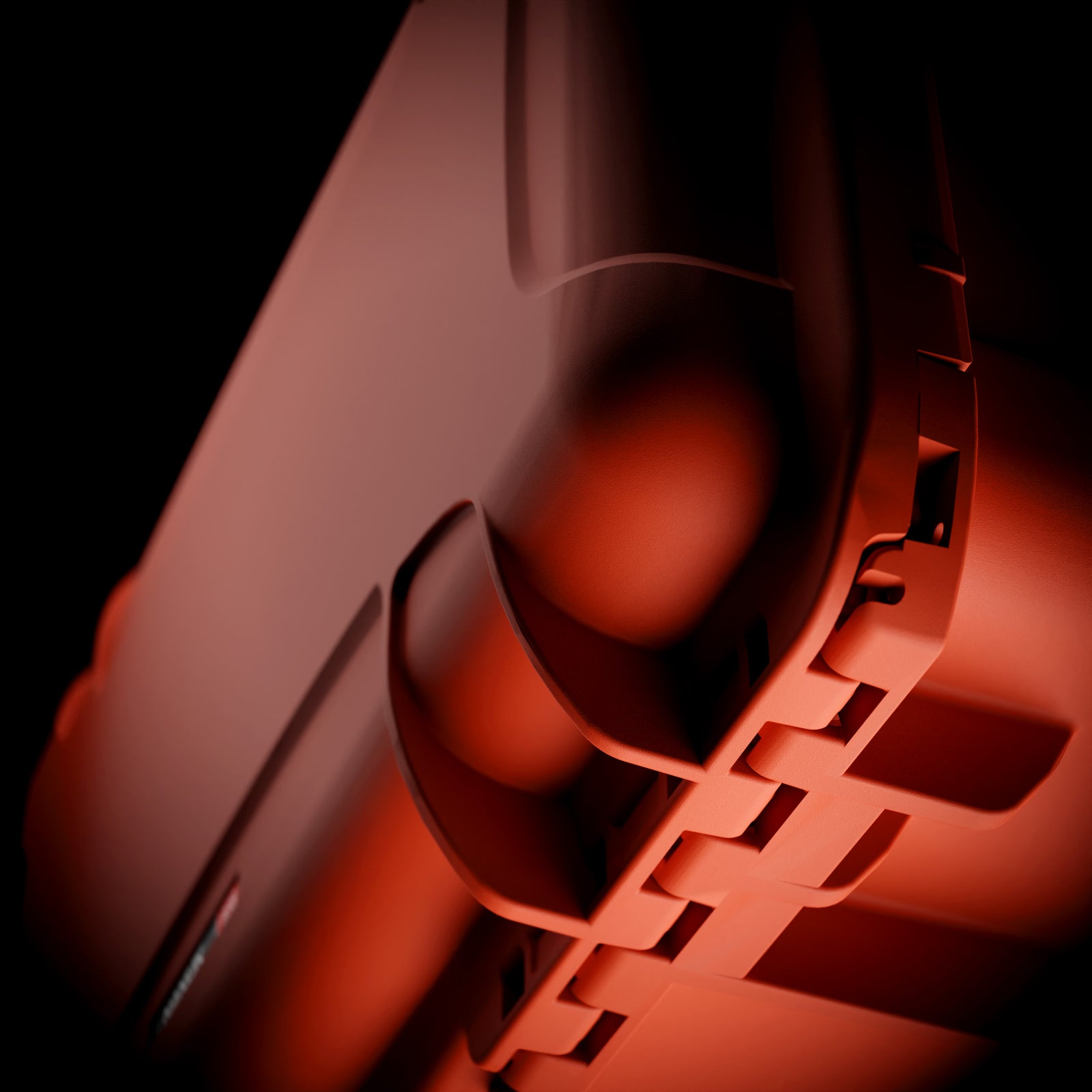
High-Impact Protection. A fraction of the weight.
Indestructible & Lightweight NK-7 Resin
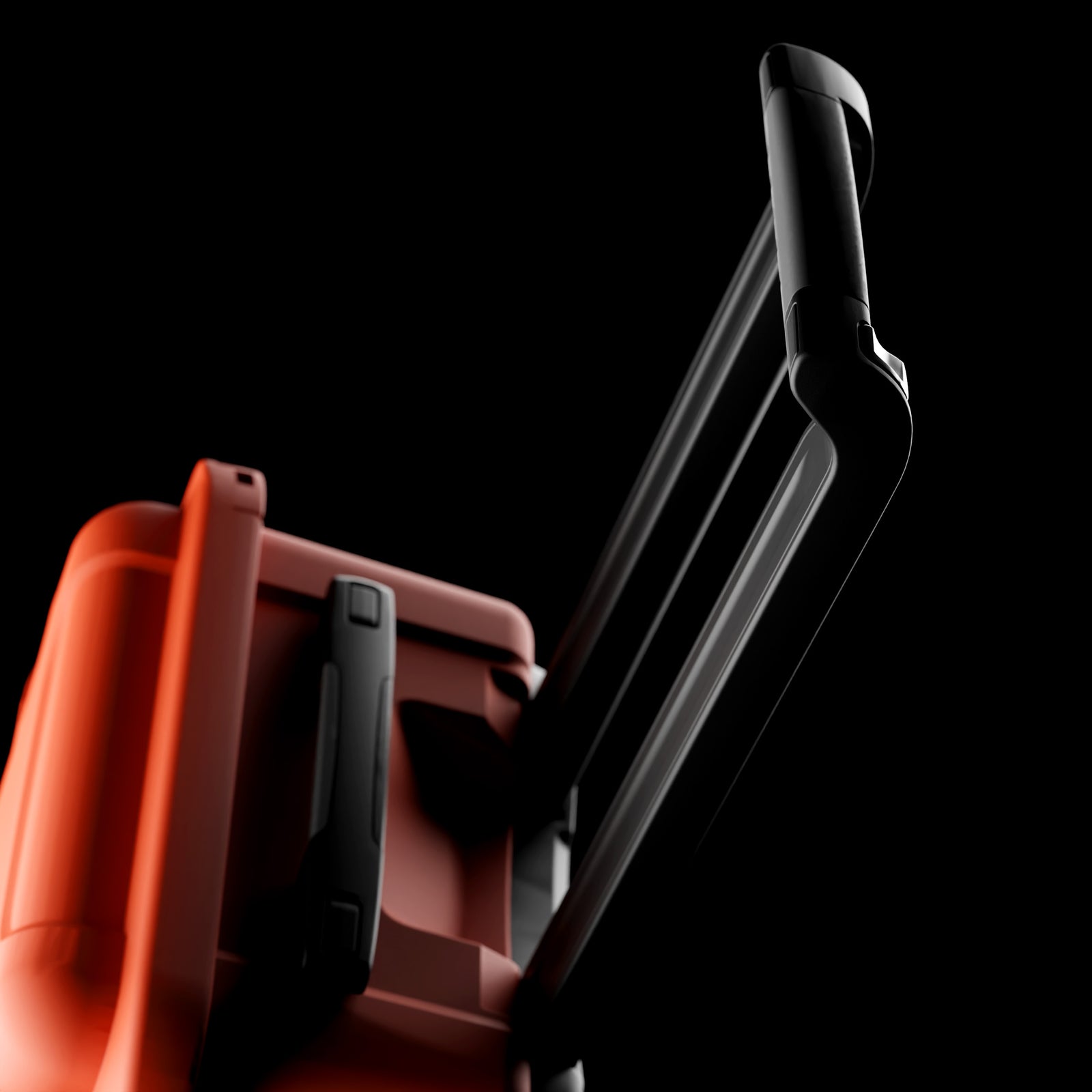
A Fit for Smalls & Talls
2-Stage Retractable Handle
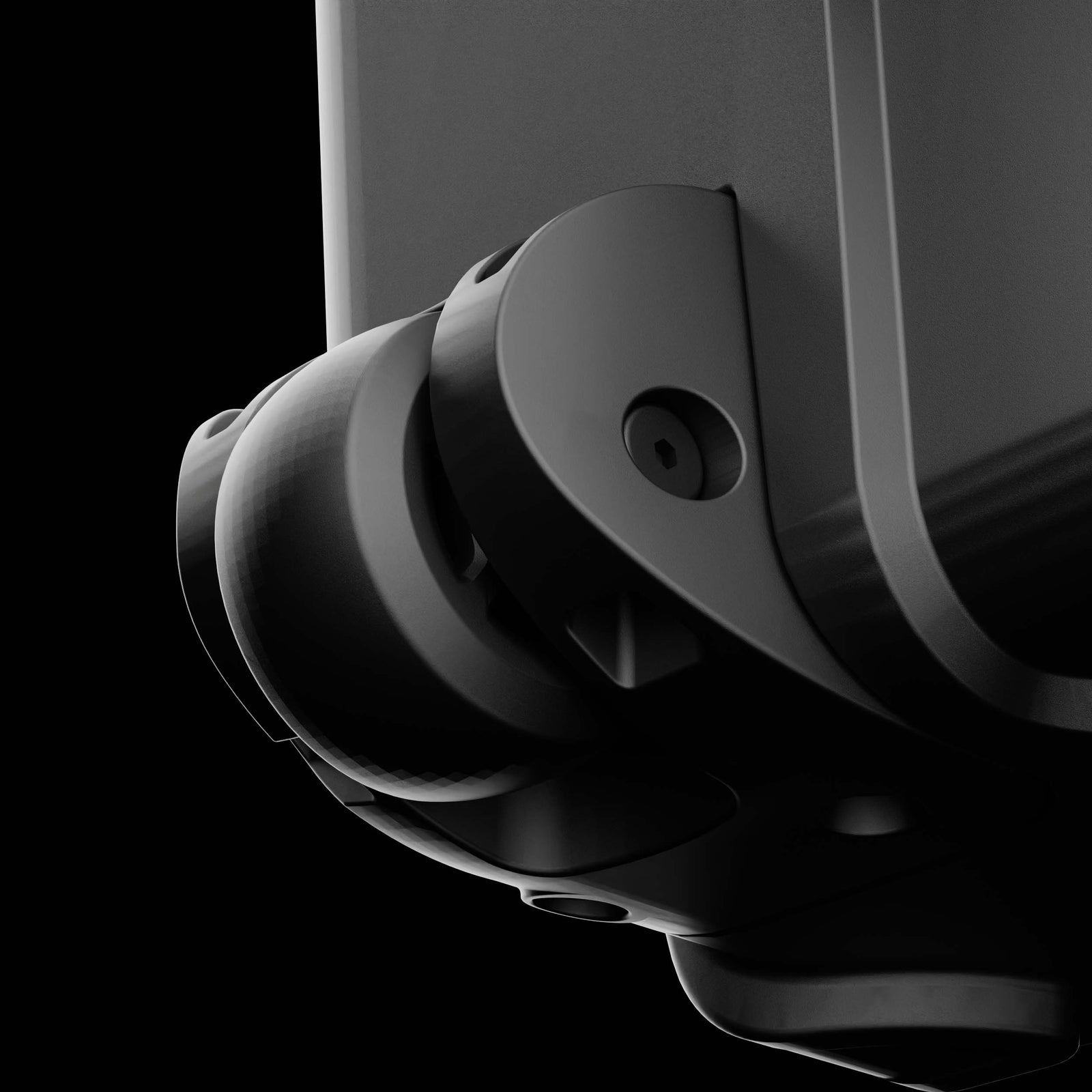
Effortlessly glide over the most punishing terrain
Heavy-Duty Single Wheels
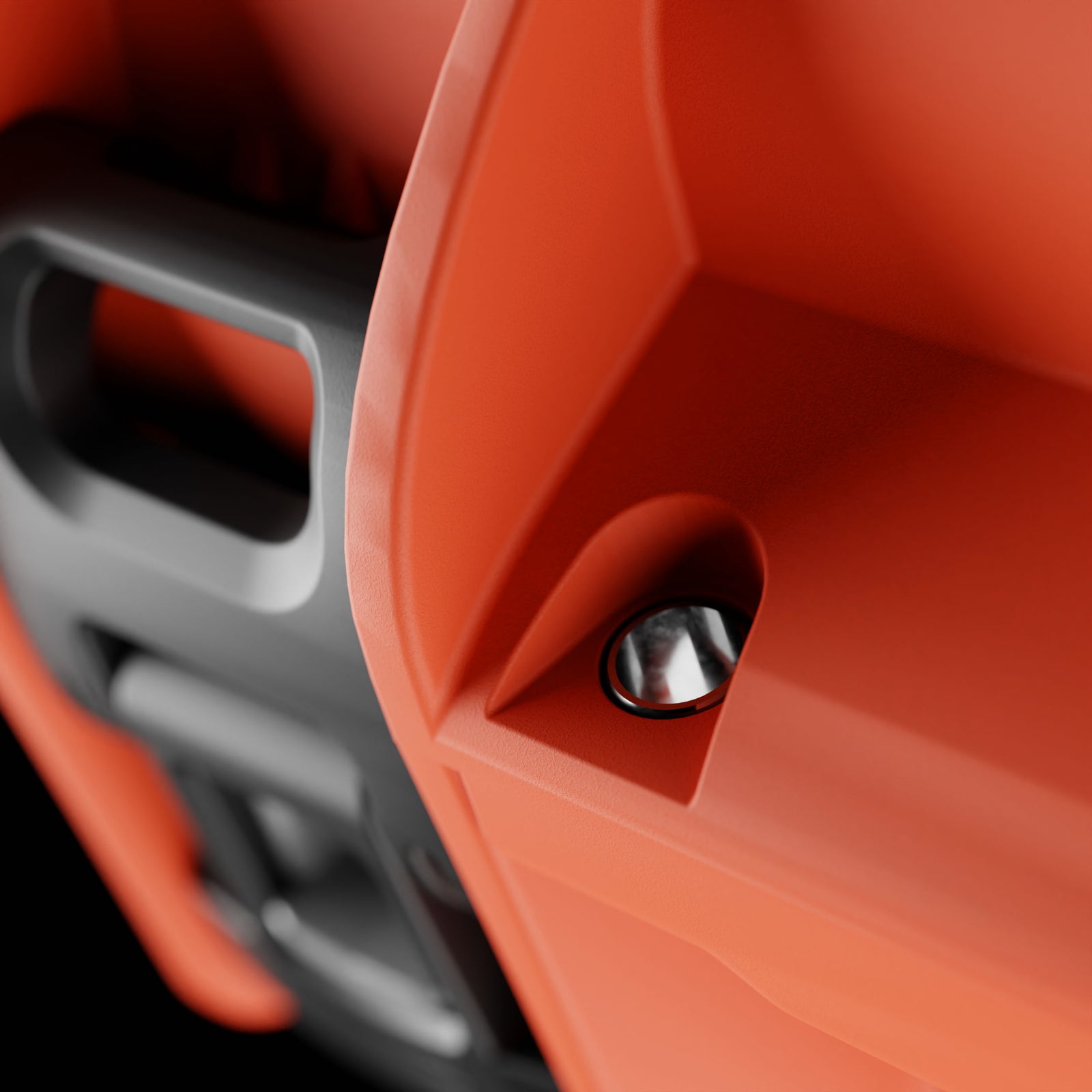
Protect & Carry with Confidence
Reinforced Metal Padlock eyelets
Customer Reviews

